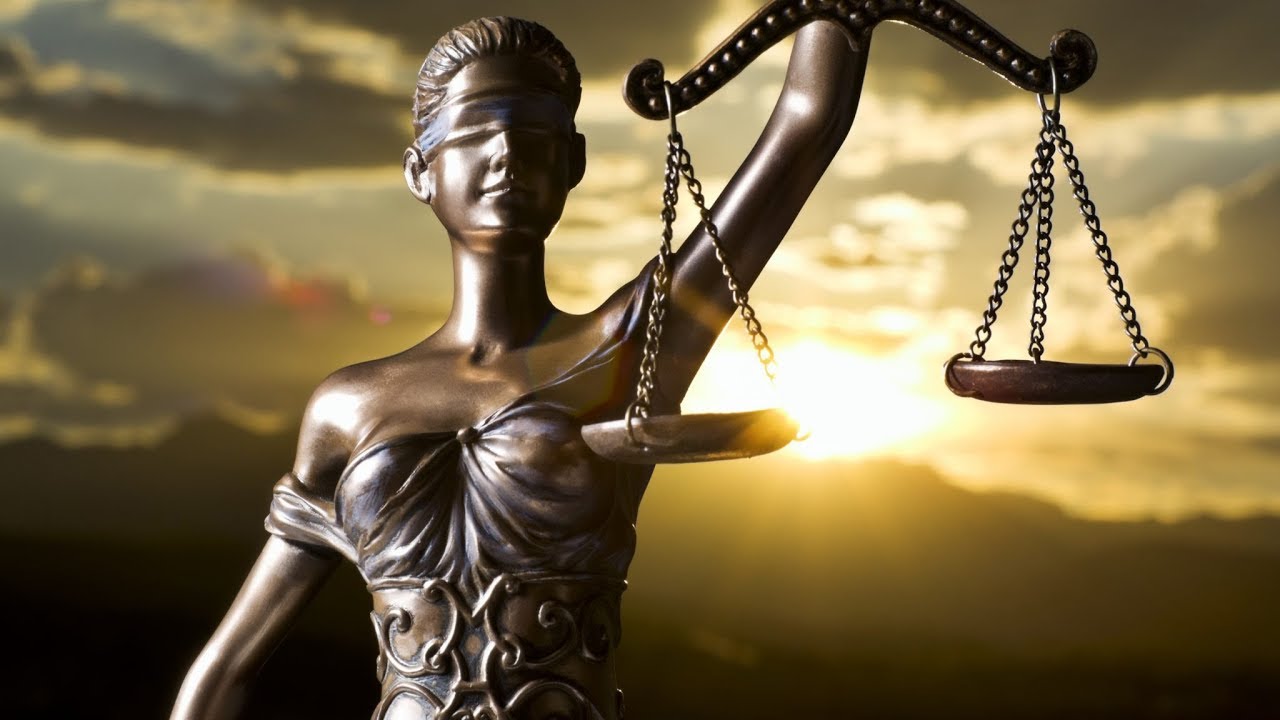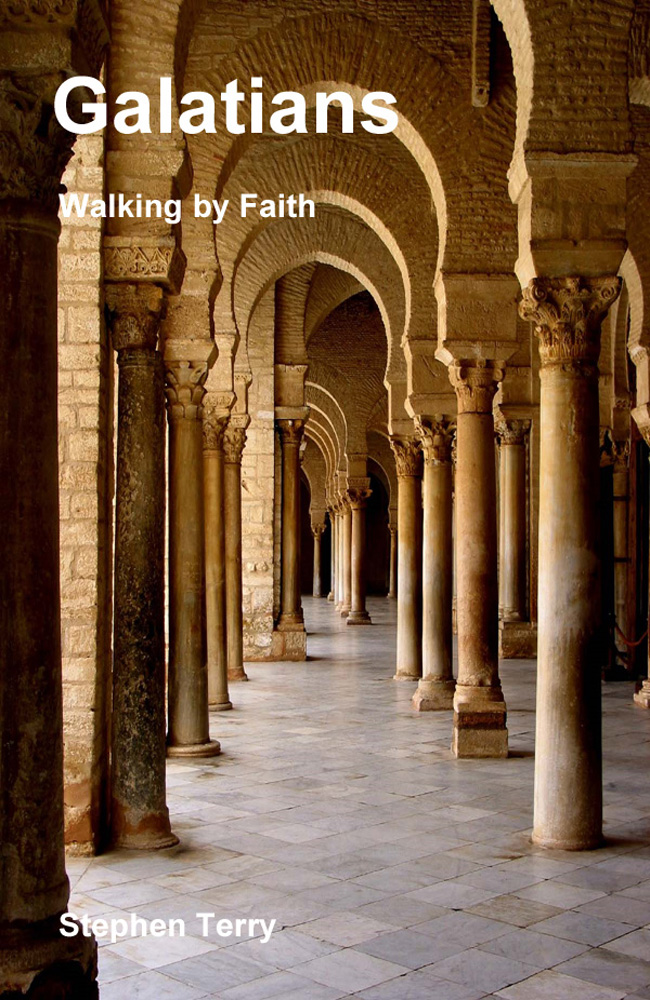
Stephen
Terry, Director

Judgment
on Babylon
Commentary
for the March 23, 2019 Sabbath School Lesson
 "Then I heard another voice from heaven say: 'Come out of
her, my people, so that you will not share in her sins, so that you will not
receive any of her plagues; for her sins are piled up to heaven, and God has
remembered her crimes.'" Revelation
18:4-5, NIV
"Then I heard another voice from heaven say: 'Come out of
her, my people, so that you will not share in her sins, so that you will not
receive any of her plagues; for her sins are piled up to heaven, and God has
remembered her crimes.'" Revelation
18:4-5, NIV
Once again our quarterly is found to be worshipping at
that fickle Idol of Historicism. Bound to an interpretation that is compelled
to assign every possible symbol to a historical period with little regard as to
whether it makes sense. These historicist theologians become extremely good at
ferreting out every splinter from the bark of the tree in their search for ever
greater detail. Unfortunately, they sometimes forget that they should be
studying forests, sometimes trees, and rarely splinters. As a result they too
often miss the obvious in searching for some esoteric bit of trivia, perhaps
hoping to impress with their prophetic erudition.
And what has become of all this historicism? We find
that the church is riddled with conspiracy theories in an effort to find
substantiating evidence for these interpretations. Rather than looking for
where God might wish to take us, they are placing maximum effort into making
sure we never leave where we have already been. It makes sense that this is so
when one realizes that idolizing historicism is little more than worshiping the
past. What benefit could then be derived from dumping the whole lot of
Revelation into a present day scenario? There may be more than we realize.
For one it might set us free from 19th
Century Protestantism that saw the Roman Catholic Church as the great
Anti-Christ, the persecuting power that swept thousands into early graves with
crusades and inquisitions. This mindset has only deepened the attitude that religion
is behind all conflict. But is it realistic? Why do we focus in this way on
legions of Jesuits said to be roaming the land ready to re-ignite the Spanish Inquisition
if only we lower our guard while we point to the Book of Revelation as
justification for our suspicions? Why are we so fixated on making the Pope the
man identified by the numerology of Revelation?[i] It seems strange, does it
not, that we would focus on the Catholic Church in this way over the
Inquisition, when Hitler, Stalin and Mao have swept tens of millions into their
graves? And why is there no mention of the power of the British Empire upon
which, at one time, the sun never set. Naturally this also brings us to what is
arguably the greatest power the world has ever seen--The United States of
America. Who has counted the totality of those who have been slain by her?
Every day in far flung regions of the earth, that death toll continues to
climb. Why would any interpretation of Revelation be valid that ignores these things?
Perhaps it is because we prefer to believe that we, as Americans, would never
willingly choose to be on the wrong side of history, on the wrong side of the
Bible. We might prefer to look for interpretations that make us feel like
saints than devils, but is that honesty? Will that really bring us to heaven?
My Bible tells me that those who are dishonest will be on the outside, looking
in.[ii]
What are some examples of lies that will keep us out? One
is that if we do enough good to outweigh the bad, we will be allowed in. In
other words, we will do what small good we can in this world and God will
somehow wink at the rest, and gently patting our behind, will welcome us into
heaven anyway. This is appealing to all of those who have trouble with God as
an authority figure. Since the church has often fallen far short in the area of
compassion and grace, it is understandable why many would want to offset such a
God against the failings of institutional religion. But this view of God is
like the person on a diet who pays lip service to the diet but still indulges
when the mood strikes them. But in this case, whether we are talking about
admittance to heaven or losing a few pounds, we are cheating no one more than
ourselves.
Another lie that will keep us out is the belief that
only perfectly behaved people will be allowed in. That idea negates the purpose
of Christ's death on the cross. What would be the point of dying for our sins
if those sins will never allow us in anyway? Some have advocated that only
those who are perfect at the time of the Parousia will be saved. But if that were
the case, God might owe them an apology for having such a high standard for them
while allowing sinners who plead the blood of Christ access to what others
could only obtain through such perfect obedience. A problem with the idea of
perfection is that it requires definition, and definition requires us to judge
one another as to whether the standard has been reached. We can find ourselves
progressing to the mindset of "Well brother, looks like only you and I are
saved, and I'm not so sure about you." Such judgmentalism can end up excluding
everyone but us. What a lonely place that kind of heaven would be, and what a
hell it can create on earth.
A third lie that finds foundation in the previous two is
that God in any way endorses a religious war against those who differ in opinion
from us. The Catholics mercilessly persecuted the Protestants of Europe believing
this lie. The Protestants returned the favor when waves of Irish Catholic
immigrants came to the United States in the 19th century driven by a
massive famine in Ireland. Now, today, we do the same when Muslims come to our
shores. This became a metaphor in season one of "American Gods," where
vigilantes at the Rio Grande hid with automatic weapons engraved with Bible
verses, waiting for the heathen immigrants to dare to cross the border.[iii] In the metaphor, Jesus
was the "coyote" helping them to cross and was slain along with the refugees.
Considering Jesus' penchant for associating with undesirables and his
condemnation by the institutional church of his day for doing so,[iv] this metaphor may not be a
stretch.
So what is the bottom line here? It is simply this. Our
commitment as a denomination to a historicist approach to Revelation may cause
us to go on a theological snipe hunt, while the real issues are overlooked. We
can develop a narrow view that causes us to see the devil in those who worship differently
than us, while ignoring the Jesus in those who are in need.[v] Is it more important that we
"know" who the Anti-Christ is or that our neighbor is struggling with chronic
illness? Is it more important that we can come up with an identity for "666,"
or that we are there with compassion and support when someone's marriage is
failing? Is it more important that we can identify the great whore on the red
beast, or that we can recognize needed help without being asked? It is a sad
reality that we can delve deeply into our Bibles as though searching for buried
treasure, yet walk by, oblivious to those who are hurting and in need around us.
We make religion so complicated with our dogmas, charts and rituals. We construct
expensive edifices to show that we have been favored by God. But he has asked
none of these things from us. He has asked only that we care for one another
and treat everyone with kindness, regardless of whether we might otherwise
consider them a friend or an enemy.[vi] This is not a difficult
theological concept. It is really very simple. Whether we see it as a literal
or a metaphorical event, we got off track long ago when brother raised his hand
against brother and spilled his life upon the ground.[vii] All that has happened
since is that we have gotten ever more proficient at spilling that blood, and
the reasons for doing so have become more and more ideological. We kill because
someone is different from us, and if the law prevents us from doing it
literally, we do it with every other tool at our disposal, our words, our
social media posts, even our attitude as expressed by gestures or expressions.
Sadly, all of this has only increased our isolation from
one another and made it far easier to hate others because we have never really
allowed ourselves to get to know them. We seize upon a difference as soon as we
can identify one and immediately we raise barricades and man the ramparts lest
that difference opens us up to change. In our isolation, to compensate for the
loss of interaction, we too often turn to things to take the place of people in
our lives. By allowing ourselves to be isolated like this, we set ourselves up
for those who would manipulate us by agreeing that those whom we have come to believe
are the bad actors around us really are the bad actors. With that kind of
validation, we lower our barricades to that person, and soon find ourselves
riding his or her bandwagon. Once we discover that their agenda is far from God's,
we may feel it is too late to climb back down from their platform. But while the
entire world is dividing into white and black hats, Jesus continues to call us
to come apart from all of that and follow him. It's not too late, and we won't
regret it.
